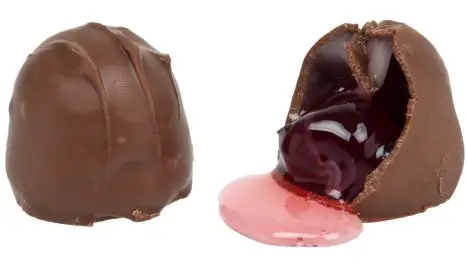
While governments around the world are pumping billions of dollars into awareness, research and healthcare to combat the diseases that result from obesity, many sociologists claim that none of these measures would work unless we change our diet preferences including our craving for sweets after meals. Despite our best efforts, we just cannot seem to shake off the craving for a dessert after meals. So what drives this behavior and psychological dependence on sweets post-meals? Let’s find out.
To cleanse the palette of the aftertaste
During a typical meal, our mouths are exposed to a variety of flavors, many of which upset het natural pH balance of the mouth. Many foods like garlic also leave a bit of an aftertaste in the mouth which is unpleasant for them and also results in bad breath. Consuming something sweet after a meal helps, in a way, to cleanse the palette while neutralizing the pH balance of the mouth and preventing bad breath.
It’s a result of culinary conditioning
There is no evidence that suggests that early man craved sweets after meals. In many societies, having a dessert after a meal isn’t customary either. Since we also don’t finish breakfast, a regular lunch and between-meal snacks with sweets, the theory that we need to eat sweets to counter the insulin spike and drop after a heavy carb meal doesn’t really make sense. What this means is that the need to eat something sweet after a meal is a result of culinary and cultural conditioning only.
It’s a way restaurants trick customers into ordering more food
The multiple-course meal was created to make mealtimes more elaborate affair for affluent societies. As prosperity spread through lower classes, this tradition was borrowed by restaurants as well. Since it is now deemed near customary for people to order a dessert after a meal, it serves as a neat way for restaurants to get people to order more food!